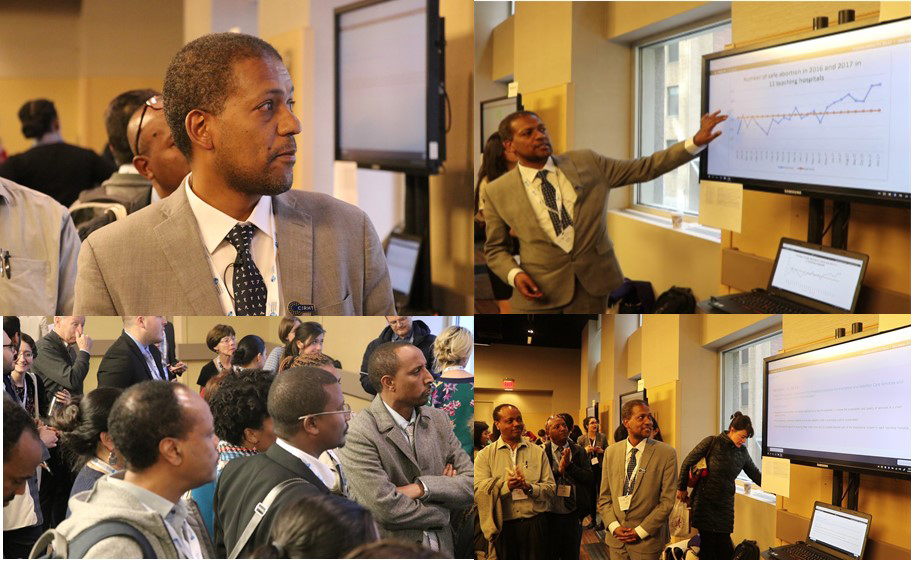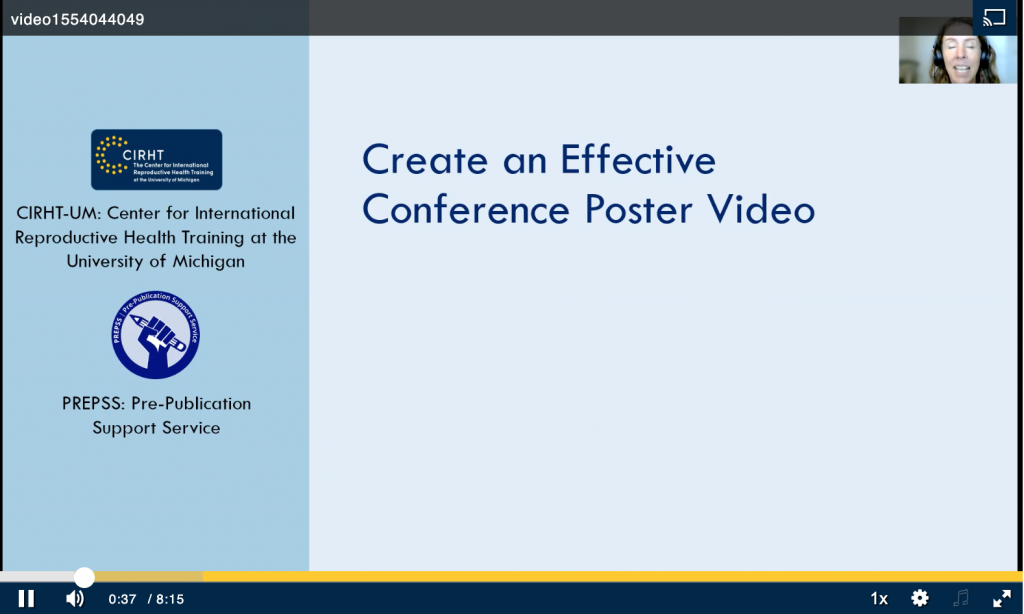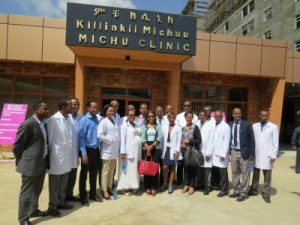Implementing Quality Improvement (QI) Projects to Enhance Contraception and Abortion Care Services and Pre-Service Training of Health Care Providers

Munir K. Eshetu1 , Mengistu H. Damtew1 , Meghan Obermeyer1 , Kefelegn K. Baruda1, Yonas G. Alemu1 , Asnakech D. Woldemariam1 , Yolanda Smith 2,3, Berhanu Gebremeskel2 , Tamrat Endale2 , Janet Hall2 , Lia T. Gebremedhin2
1 Center for International Reproductive Health Training (CIRHT) in Ethiopia, 2 Center for International Reproductive Health Training (CIRHT), University of Michigan, 3 Department of Obstetrics and Gynecology, University of Michigan
Program Purpose
In Ethiopia, most medical graduates and other mid-level health professionals lack the necessary competencies required to provide contraception and abortion care services. To fill this competency gap, expensive, in-service training programs have been the traditional primary intervention. Since 2014, the Center for International Reproductive Health Training (CIRHT) at the University of Michigan has partnered with 11 teaching hospitals across Ethiopia to improve the quality of the pre-service education. CIRHT aims to improve the pre-service training through curriculum development and integration, expanding hands-on, competency-based training and
fostering a team science approach to research. We present the interventions to improve quality of abortion and contraception care, utilization of services, and subsequent impact on quality of training.
Methods
CIRHT developed standards for model contraception and abortion care service clinics, known locally as “Michu” clinics. Quality improvement (QI) committees including faculty, residents, interns, and nurses were established at all partner schools. To identify major gaps in the quality of care of contraception and abortion services, each QI committee conducted a baseline audit. Using IHI’s Model for Improvement, each site defined their goals and measures to assess progress and intervention projects were tested using Plan-Do-Study-Act cycles. The QI projects included improving counseling services, initiating immediate postpartum contraception services, and involving trainees in the “Michu” clinics. To measure progress over time, QI teams met bimonthly and compiled monthly data for review. The clinical service team of CIRHT in Ethiopia visited each hospital to ensure continuous monitoring and support.
Outcomes
Currently, all 11 teaching hospitals are providing comprehensive contraception and abortion care services and 8 “Michu” clinics are fully functional and educate trainees. The utilization of immediate post-partum family planning (IUD and implants) has more than doubled since implementation of the QI program. In addition, safe first and second trimester medication abortion has become accessible. Hence, medical and midwife students, interns and Ob-Gyn residents now have increased opportunity for clinical exposure.
Going Forward
CIRHT will focus its support on ensuring these model clinics and QI projects become part of the institutional structure of each teaching hospital.
Source of Funding
This program is fully funded by CIRHT at the University of Michigan through a grant from an anonymous donor.







